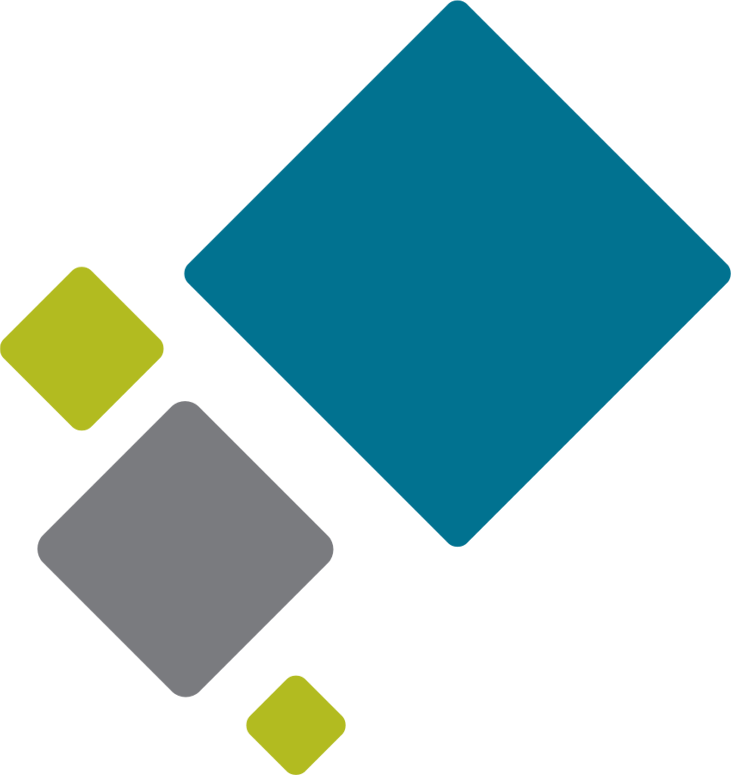
The Three-Part Thinking Process
Clear thinking is easy to overlook until the situation is urgent, the information is unclear, and the decisions matter. The Three-Part Thinking Process offers a structured way to navigate complexity with clarity. It combines three distinct skill sets: analytical thinking to understand what’s happening, critical thinking to evaluate information and test assumptions, and problem solving to turn insight into practical action. Knowing how to shift between these modes—and in what order—is the key to building “thinking agility” at work.
Decisions can suffer when even one of these skill sets is missing or misapplied. Individuals may rush ahead without enough clarity or struggle to move forward. Teams often get stuck solving the wrong problem or lose focus before action is taken. At an organizational level, the result is delay, misalignment, and missed opportunities. Thinking effectively isn’t just about depth; it’s about choosing the right approach for the situation.
This two-day workshop will help you build confidence and fluency in each thinking mode and apply them sequentially. You’ll learn to analyze challenges with clarity, assess ideas objectively, and generate practical and aligned solutions. Through hands-on activities and real-world examples, you’ll explore how to choose and combine these approaches based on the nature of the challenge.
You’ll leave with an adaptable planning, evaluation, and decision-making toolkit. Individually, you’ll be better equipped to navigate complex situations and move ideas forward. You’ll be more prepared to handle complex situations and help your ideas gain traction. This means clearer thinking, better teamwork, and more consistent results for your organization.

- Describe the purpose and function of analytical, critical, and problem-solving thinking.
- Use analytical thinking to break down complex challenges and identify contributing factors.
- Apply critical thinking strategies to test assumptions, recognize bias, and assess ideas.
- Use problem-solving techniques to generate, compare, and select practical solutions.
- Ask sharper questions that uncover patterns, logic gaps, or missing perspectives.
- Apply different thinking strategies based on the context and type of challenge.
- Strengthen your confidence in contributing to decisions, recommendations, or action plans.
- Apply a repeatable thinking process to move from complexity to clarity to results.

This workshop is for professionals who want to improve the way they approach information, form conclusions, and explain their thinking to others. If you're expected to make sound decisions, explain your reasoning, or support recommendations with evidence, this session offers a structured process to help you think more clearly and communicate with greater precision.
You should attend if you
- Want a reliable way to organize your thinking and back up your conclusions
- Struggle to explain your reasoning clearly under pressure or in writing
- Are often asked to justify a decision or recommendation to others
- Want to improve how you assess ideas, weigh evidence, and identify gaps
- Work in roles where clear thinking and strong communication are essential to influencing others
By attending this session, you’ll gain a process you can use to approach complex assessments and critical decisions with greater clarity and confidence, building trust in your thinking and strengthening how you communicate your conclusions.

This workshop brings together three complementary thinking approaches: analysis, critical thinking, and problem-solving, into one clear, repeatable process. You’ll apply the three-part thinking process to real workplace challenges through guided exercises that help you break issues down, assess them from multiple angles, and arrive at clear, logical responses. You’ll also work through structured scenarios, group discussions, and individual activities to practise organizing your thinking and strengthening your communication.
You’ll leave with a practical workbook and reference tools you can use in everyday decision-making, planning, and communication tasks.
Workshop activities include
- Working through the three-part thinking process using structured case examples
- Mapping out workplace challenges using problem-identification tools
- Applying critical thinking techniques (e.g., WRAP model, root cause analysis)
- Practising strategies for organizing and communicating your thinking
- Participating in peer review, group discussion, and feedback
- Building a personal action plan to apply the process to your work



